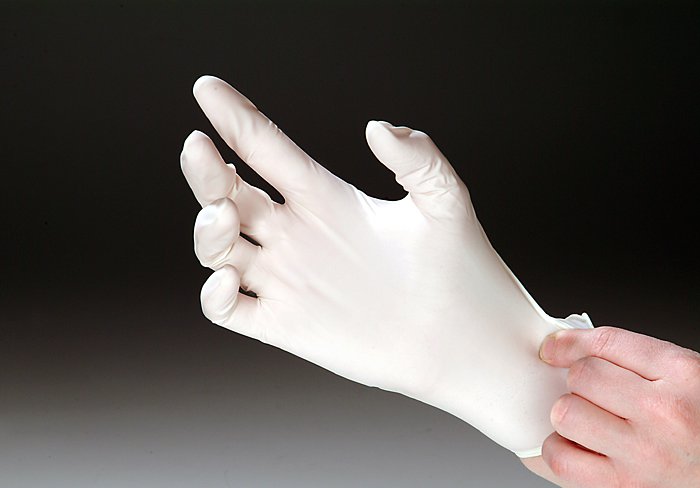January 27th, 2014

As a general surgery resident, we learned this lesson very early on. We were scolded (the PC way of saying it) by our chief residents and attending staff if, as we were presenting a patient we had seen in the emergency room, we made reference to imaging studies before talking about our physical examination findings. Sadly, body sensors, scans, and sophisticated tests (not to mention lawyers and the threat of lawsuits) are now rendering many doctors unwilling or unable to make a diagnosis based on history and physical examination alone. Not only is this incredibly financially costly, but it erodes the relationship between the doctor and patient.
Take, for example, a patient with appendicitis, a very common surgical problem. People who show up to the emergency room with appendicitis typically have a very similar story: a few days of stomach pain, a very mild fever, and loss of appetite. If you talk to that patient - and really listen - he or she will give you all sorts of other clues as to what is going on. Examining their abdomen will reveal that they hurt over the lower right side, and that the pain is worse on letting go than it is on pressing down. This constellation of symptoms (what the patients complain of) and signs (what the doctor finds on examination) is enough to warrant surgery to remove the appendix in most cases.
No advanced technology or CT scans are necessary. Nothing is needed but a routine blood (and pregnancy!) test before surgery. Nothing... except a doctor taking the time to talk to and examine a patient.
If you notice in the example above, signs (what is found on physical examination) help guide therapy - if you complain of stomach pain but don't have pain on exam, chances of having an appendix that needs to be removed are significantly less (and may then merit a CT scan or ultrasound). Just the symptom (complaint) of stomach pain narrows the search down to the problem being in the abdomen - but is it the liver, intestines, gallbladder, pancreas, stomach, or (if it's a woman) ovaries? Until you actually EXAMINE the patient, you'd just be guessing.
Unfortunately, in the field of headache medicine, a similar story can't be told. For starters, a good physical examination is a diagnostic technique that is largely overlooked. A prime example is found by looking at the diagnostic criteria for migraine or most other headache disorders (IHS Diagnostic Criteria). No mention is made of what is found on physical examination.
Zip.
Zero.
None.
Headaches, for the most part, are diagnosed and classified based on symptoms alone. The main mention a physical examination gets in the diagnostic criteria is a nerve exam to make sure a brain tumor isn't present that causes dysfunction of some nerves that control muscles of the face and head. Other than that, you could pretty much be diagnosed with a headache disorder (take your pick - migraine, cluster, tension-type, etc) over the telephone and started on medication without ever seeing your doctor, let alone having he or she actually TOUCH you.
The term "headache" is similar to "stomach-ache" in that it narrows the search to one area of the body. It identifies WHERE the pain is doesn't come close to defining WHY the pain exists. Whether it means pressing on known sites of nerve compression I've mentioned in other posts in the case of a headache or examining the abdomen in someone who may have appendicitis, without a physical examination of the area in question, a problem that could be treated with surgery could be missed entirely. That's why, when I talk to a patient for the first time, I try not to look at what their "diagnosis" is before examining them - I don't want to be biased until I've had a chance to talk to them and examine them myself.
I have had a number of headache patients (some of whom have been suffering from the same headaches for YEARS) in my office who, after I examine them, look at me and say:
"No-one ever did that before."
It's astounding - and all I can do is to tell them I'm sorry and explain to them what steps I think we should take next to get them the relief they need.
While it's gratifying to be able to help those who had been told that there is nothing other than expensive, largely ineffective medications that could improve their life, it saddens me that there are so many patients out there who we as a medical profession are not helping because we have let the physical examination become relegated to part of history for whatever reason.
That said, if you or a loved one is trapped suffering from headaches that medications won't fix, refer them to the headache survey (there is also link to it on the main page of the website). They may unknowingly have headaches that can be resolved with an outpatient surgery, significantly minimizing or eliminating their need for lifelong medications.
KNOXVILLE, TN
Contact us today to schedule your appointment with one of our renowned plastic surgeons. Take your first steps to a more confident and natural you.
9239 Park W Blvd #202, Knoxville, TN 37923